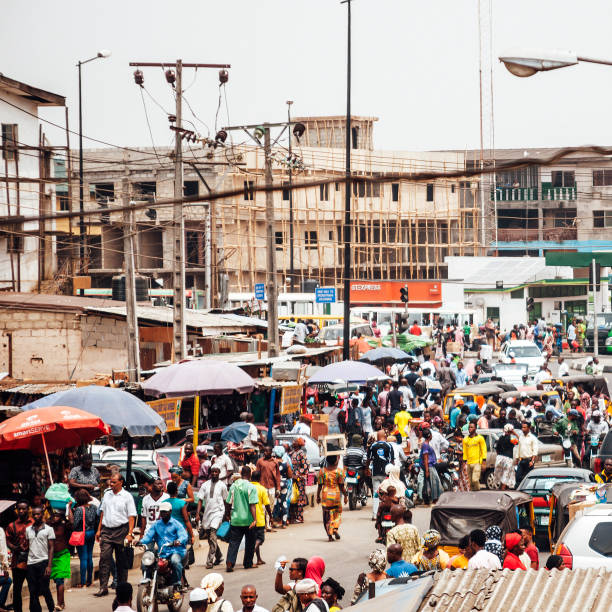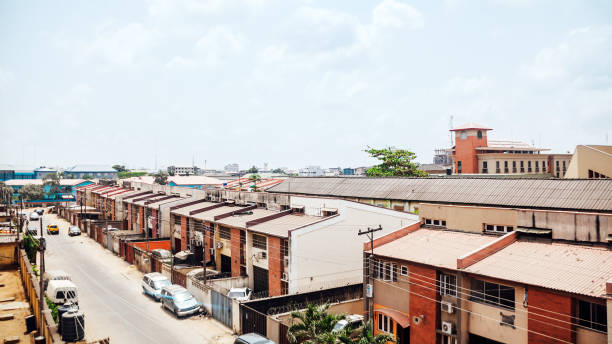The global housing industry in 2022 presented an outlook that moved from promising in the early parts of the year to uncertain in the latter parts. In Nigeria for example, insecurity, flooding, and issues with the economy formed part of the challenges that affected the sector. A more worrisome development was the inflation rate within the year, a figure that surged from 20.47 percent in September 2022 to 21.47 percent in November 2022. How does this affect the 2023 housing trends (for the next half of the year)?
The inflation affected the costs of building materials such as roofing sheets, cement and granite, and others whose prices rose by over 80 percent. Even in the global market, the combination of rising mortgage interest rates, declining home sales, and challenges related to availability has also extended into Q2 2023. As we enter the second half of the year what should be expected?
But what do May, and June have in store for home sellers, buyers, and other players in the housing market?
Insights from industry insiders will help to identify the 2023 housing trends and forecasts for the second quarter of the year.
Housing and Population in Nigeria
Nigeria has always faced a housing deficit since its population began to experience geometric growth. The situation has grown from bad to worse on a yearly basis, with an explosive population growth rate of 2.6 percent annually. In 2023, this situation is not expected to improve radically seeing that it will take more effort to solve this deficit. According to data provided by the Punch, “The country’s housing deficit was recently put at 28 million, requiring about N21tn to bridge the gap.

In 1991, the housing deficit stood at seven million and worsened to 12 million in 2007. And by 2019 it was N20 million.” In 2023, the population is still ballooning, and the efforts of the government in this sector can be described as less than effective. Although there has been the provision of affordable housing schemes by the government and other stakeholders, the sector will require trillions of naira to close the housing gap. In 2022 however, a report by the Federal Mortgage Bank of Nigeria disclosed that only N470bn was budgeted for the housing sector.
2023 Housing trends as affected by elections, inflation, and other determinants
The elections presented a major concern for stakeholders in the housing industry in Q1 2023. Stakeholders in the housing industry expressed their fears noting that the outcomes of the elections might have serious impacts on the industry. Almost two months after the election, it is safe to say nothing significant has happened yet. This might however become a case of early judgment as the new government may suggest new policies and regulations for the industry. On the other hand, inflation is still affecting major sectors of Nigeria’s economy, with increasing figures monthly.

In March 2023, data from the National Bureau of Statistics put the inflation rate at 22.04%. In an earlier report on Nigeria’s housing sector, The Bank of Industry noted that “With a growing urban population, increasing construction costs, and declining household income, access to affordable housing is becoming more difficult for millions of citizens.” With various proposed intervention schemes by the government, one would expect a form of succor in this area. It is important to however remember that even in 2023, the country has recently just recovered from issues with currency redesign, so this goal might just be a far cry.
Possible Solutions
The National Housing Programme is a scheme under the Federal Ministry of Works and Housing saddled with the aim of providing adequate and affordable housing to citizens. Further investments in this sector can further help to reduce the challenges faced with access to affordable housing in the country. Secondly, real estate providers in Nigeria have been on a roll in recent years, when it comes to pricing and corresponding services.

It is not uncommon in Nigeria to see a 5-bedroom detached duplex with no parking space going for an asking price of N85m. Although these businesses are privately owned, regulations by the government to guide their operations might be needed. Just like the Executive Secretary of the Association of Housing Corporations in Nigeria has said, the major chunk of housing properties is influenced by foreign exchange rates.
Poor implementation and mismanagement of the economic policies are largely responsible for the upsurge in the cost of living in the country, a situation that has pushed more people into poverty. Since the cost of housing materials has increased by a minimum of 70 – 200 percent, inflation can be said to be the main cause of housing issues faced in recent times. A change in the ineptitude and inability of the country’s economic stakeholders when it comes to taking correct economic decisions might just be the needed solution.
